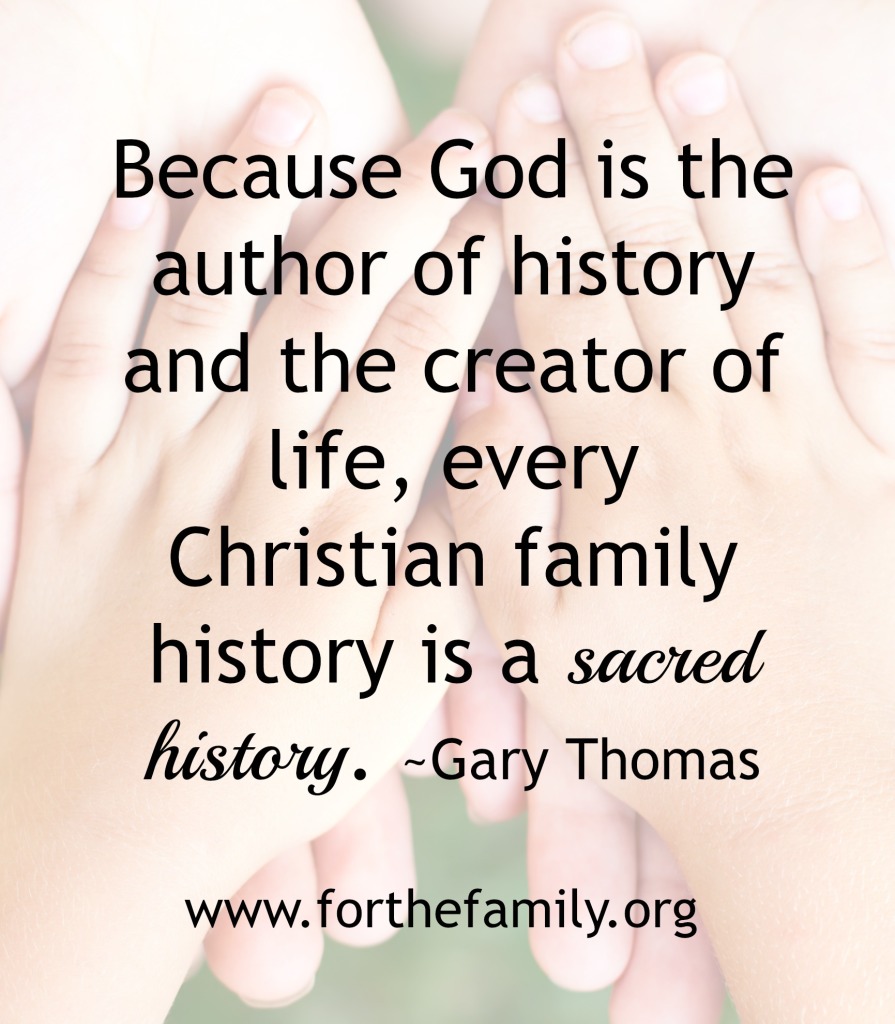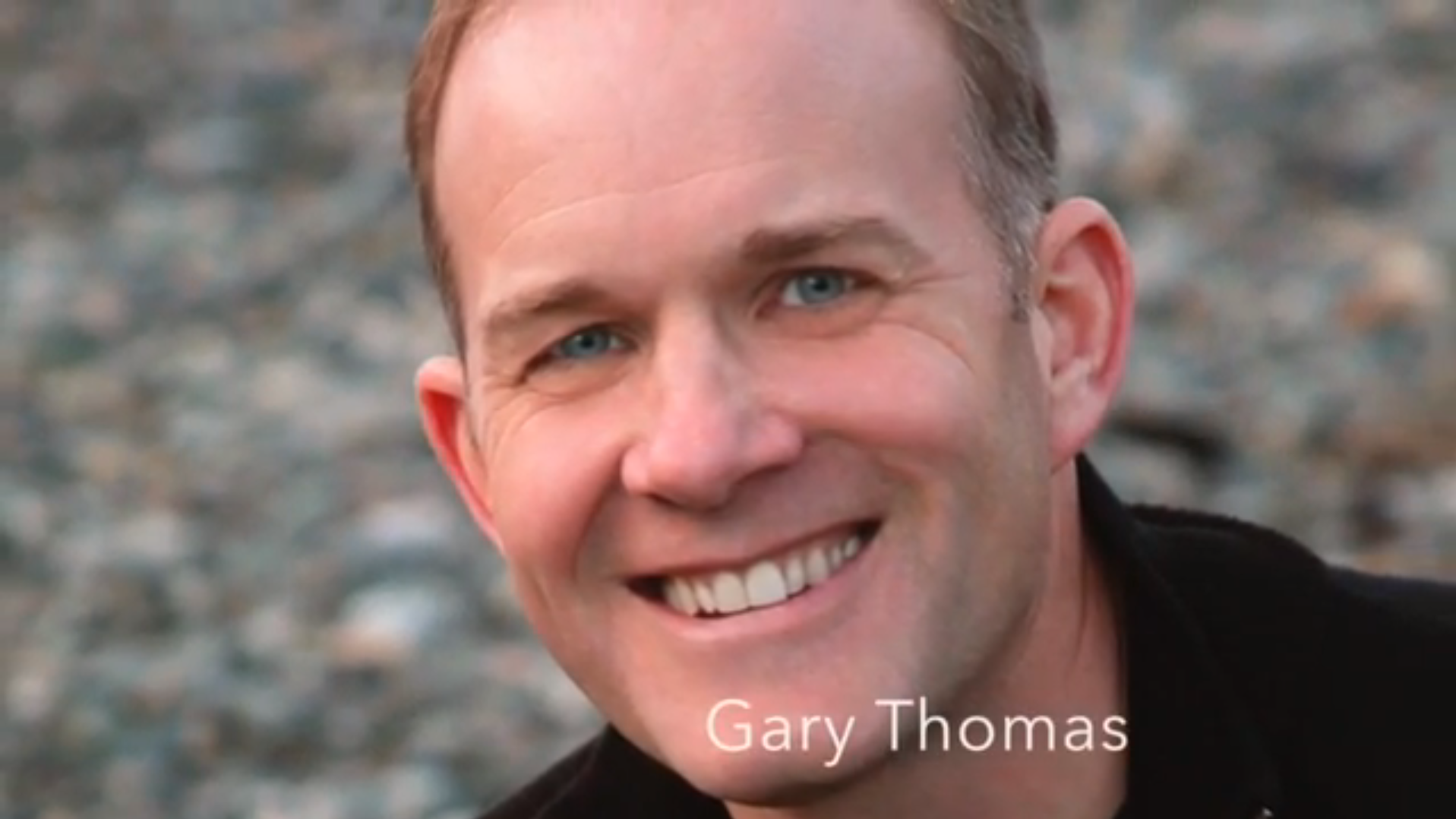Merry Christmas, Eliakim {what kind of family are YOU raising?}
Surely you remember the biblical story of the esteemed Eliakim, don’t you?
No?
Well, then, what about Abiud? Has ever a biblical figure stood more inspirationally in the pages of Scripture than Abiud?
You haven’t heard of him either?
Well, what about Azor, Shealtiel, Zadok, or Matthan?
At this point, you might start to feel that you don’t know your Bible as well as you thought. None of these names would be recognizable to any but the most erudite of biblical scholars. All these men inhabit a “quiet” season between the reign of Josiah, when Israel was exiled to Babylon, and the coming of Christ. Matthan is the father of Jacob, who is the father of Joseph, the husband of Mary, as recorded in the first chapter of Matthew.
Many of these obscure men’s predecessors seemed so significant—Abraham, Isaac, Jacob, Boaz, Jesse, David, Solomon, Hezekiah—that they are “household” names within most churches, but this lot listed in Matthew chapter 1 is stunning in their anonymity, given their exalted status as direct descendants of that all-important bloodline leading to the “salvation history” birth of Jesus Christ.
We don’t choose the season or epoch in which we are born. Some are born to great fame; some are called simply to hold our tiny place in history in preparation for the next great event. God’s mission through the millennia trumps all; the coming of Jesus is so monumental, so colossally important, that merely holding the next place in line until everything was ready for his arrival proved to be a biblically noteworthy life.
What this list also tells us is that God has worked through families for all of history. Some families take up chapters, even books, of the Bible. Some shine for just a few brief verses. Some are signified by just one name in a list. Some don’t even get mentioned, but all matter to God.
Just think how quietly and anonymously these families lived, but for that one mention in Matthew chapter 1. We don’t know, for instance, if Shealtiel was respected by his peers. We don’t know if Abiud fasted every Friday for his children’s faith. We don’t have a clue if Azor was a man of high standing, or if Matthan was happily married. We do know that by the time the line reached to Joseph, as fine a character as ever lived listened to God, married a supernaturally pregnant woman, and faithfully assumed the responsibilities of raising the Son of God. As for the others, all we know is that they lived, they died, and God used them to take history one step closer to the promised Messiah.
The truth is, as we raise our families, we don’t know what we’re building. Do you honestly think Shealtiel thought he’d be mentioned in the Bible? And since Jesus tells us “many who are last will be first” (Matt. 19:30), it’s reasonable to assume that the lack of fame or notoriety on earth has absolutely nothing to do with what may be celebrated with great fanfare in heaven.
One of the lessons in all this is the importance of family faithfulness without earthly recognition. No one is clapping when you choose to pray for your child while you nurse; no one is putting your face and name on a trading card when you study God’s word before you start work so that you have God’s wisdom to build your family. No one puts the “box score” of your personal sacrifice in the papers as you go without the latest sports equipment or computer to provide something very important to one of your children. No one gives you an Academy award for getting up the courage to confront a potentially troublesome sin in one of your children’s lives.
Ah, but there is One who does see, One who promises to reward your faithfulness. That’s why I like to say that we don’t have to make family life sacred; it is sacred. The only question is, do we treat it as such?
Because God is the author of history and the creator of life, every Christian family history is a sacred history.
This side of heaven, we cannot possibly know how significant our role is, because we can’t see the history that will follow. We don’t know what our children or grandchildren, and certainly not our great, great grandchildren will become. All we can do is be faithful day by day, with our prayers, example and witness, leaving a legacy of faith, and putting our place in history in the sovereign hands of God.
We can be sure you and I won’t appear in any other earthly Bible, for there is no other earthly Bible to be written. But we can be equally sure that faithful lives will be recorded and recounted in the eternal Book of Life—when we finally find out just how sacred our family faithfulness has been.
Blessings,
Gary Thomas








So many times, I remember feeling frustrated when I thought of how I couldn’t do all that I wanted to do “for God” because of the obligations I had as a dad. My calling was being put on hold for them. It was a sacrifice, I told myself.
Then, I remember realizing that God was using my kids to shape my destiny. My calling had changed, and my kids were the God-given agents of that change. I just didn’t want it to change like that.
Through my children, I had received a calling to build something that I didn’t know how to build, and the repercussions of that thing I was building would affect far more people than I ever could on my own. The power of building a family on purpose is a mystery.
We’ll never know the impact of our decision to invest in our children or spouses in the present! We have to build our families by faith, because we’ll never see the outcome at the same moment we make the investment.
Beautiful. Absolutely beautiful. Thanks for sharing
Gary, I feel so sheepish. I didn’t know who you were when I read the article, and when I checked out your website, I thought to myself, “Man, it’s like I was explaining arithmetic to Einstein!”
Love your work. I bought two of your books and am working through them now. Thank you for what you do!